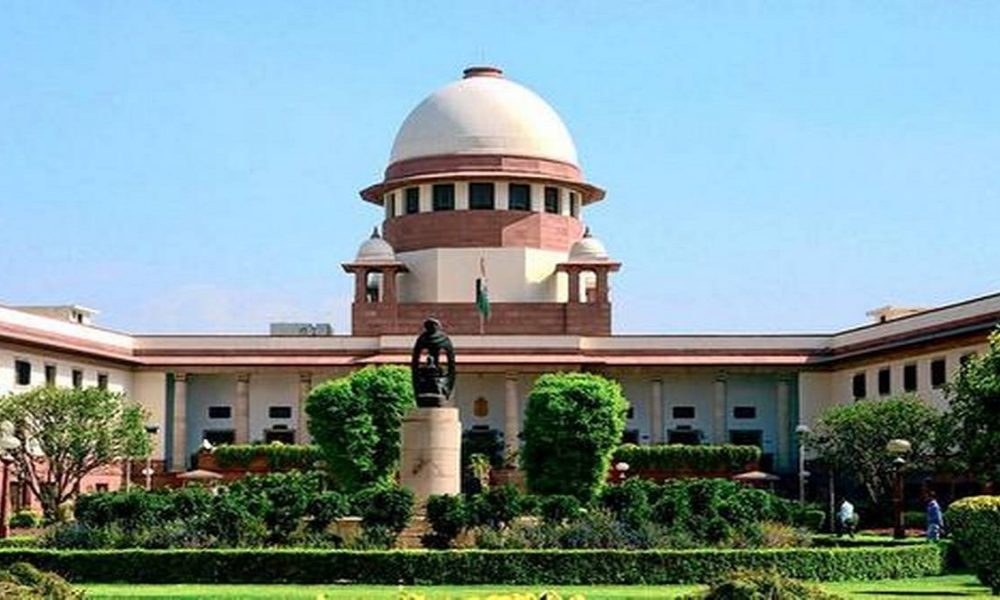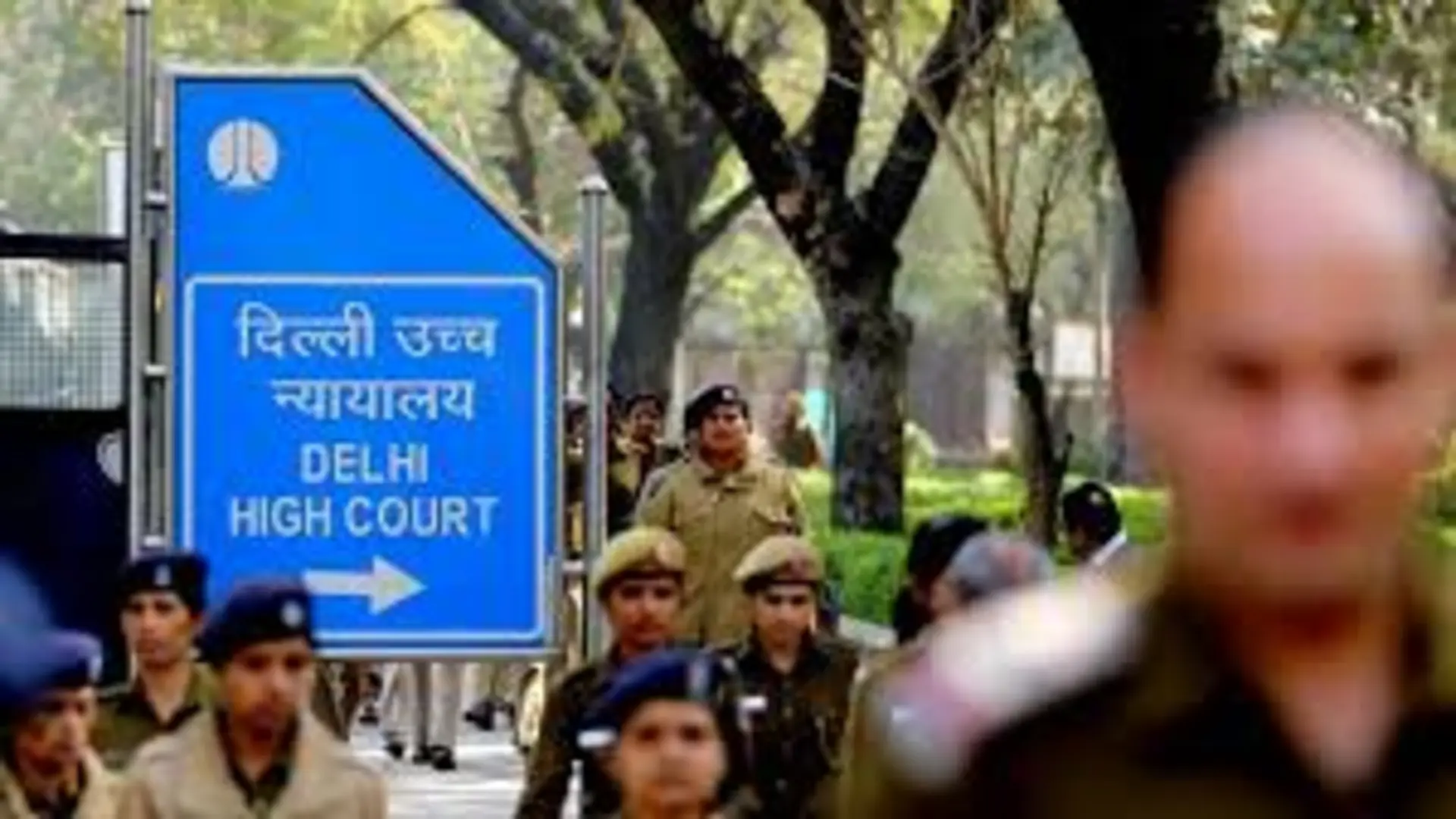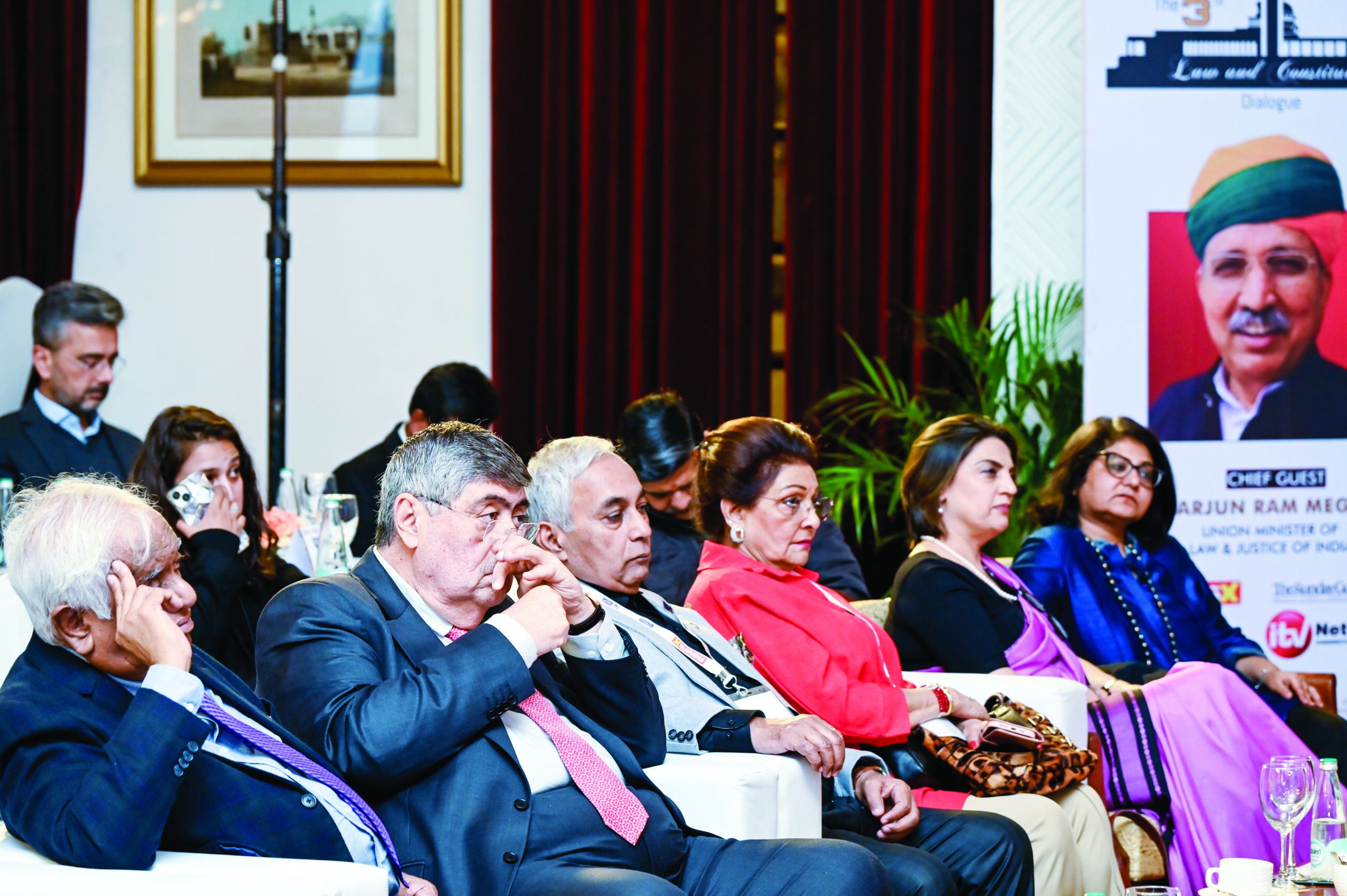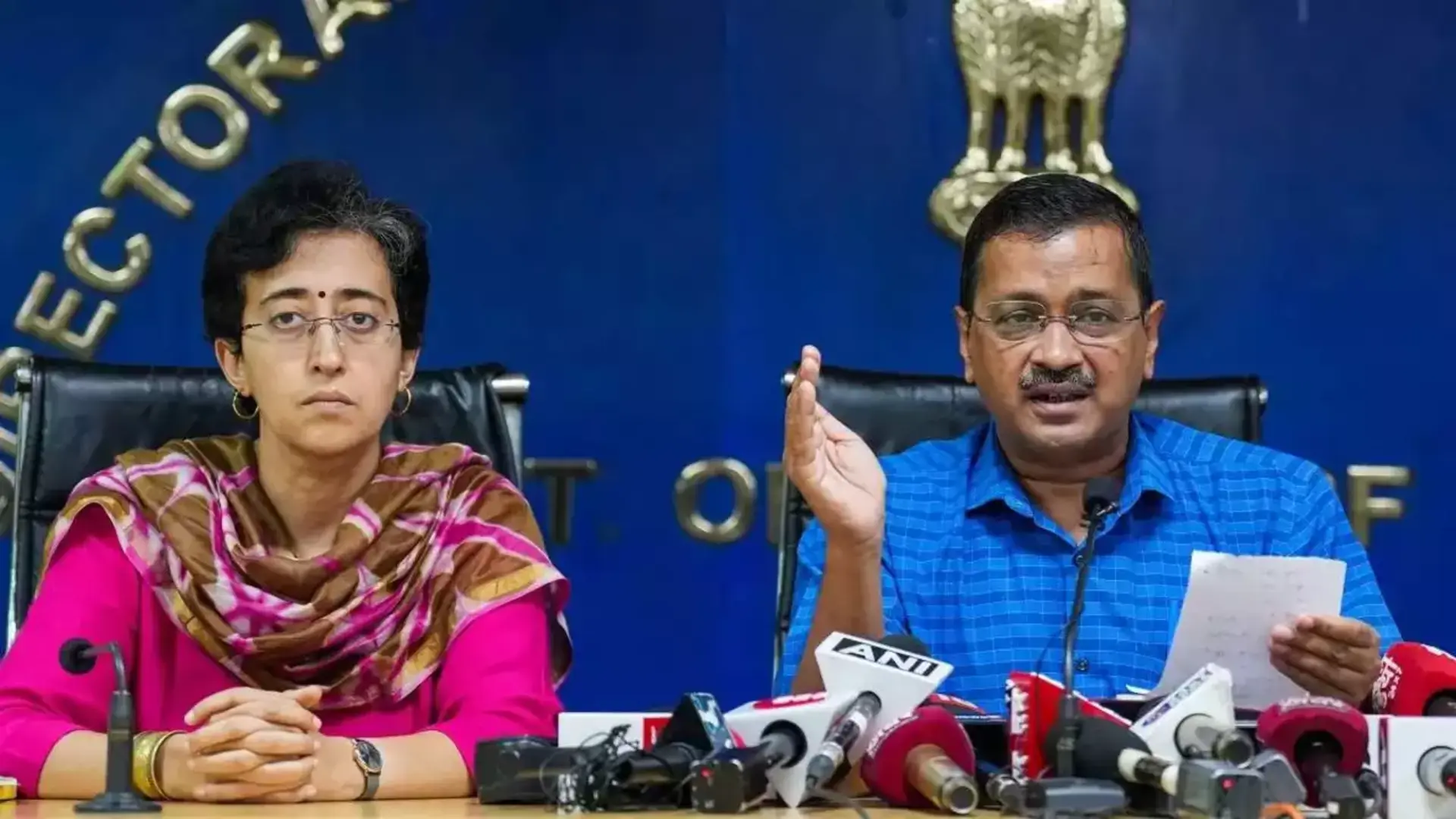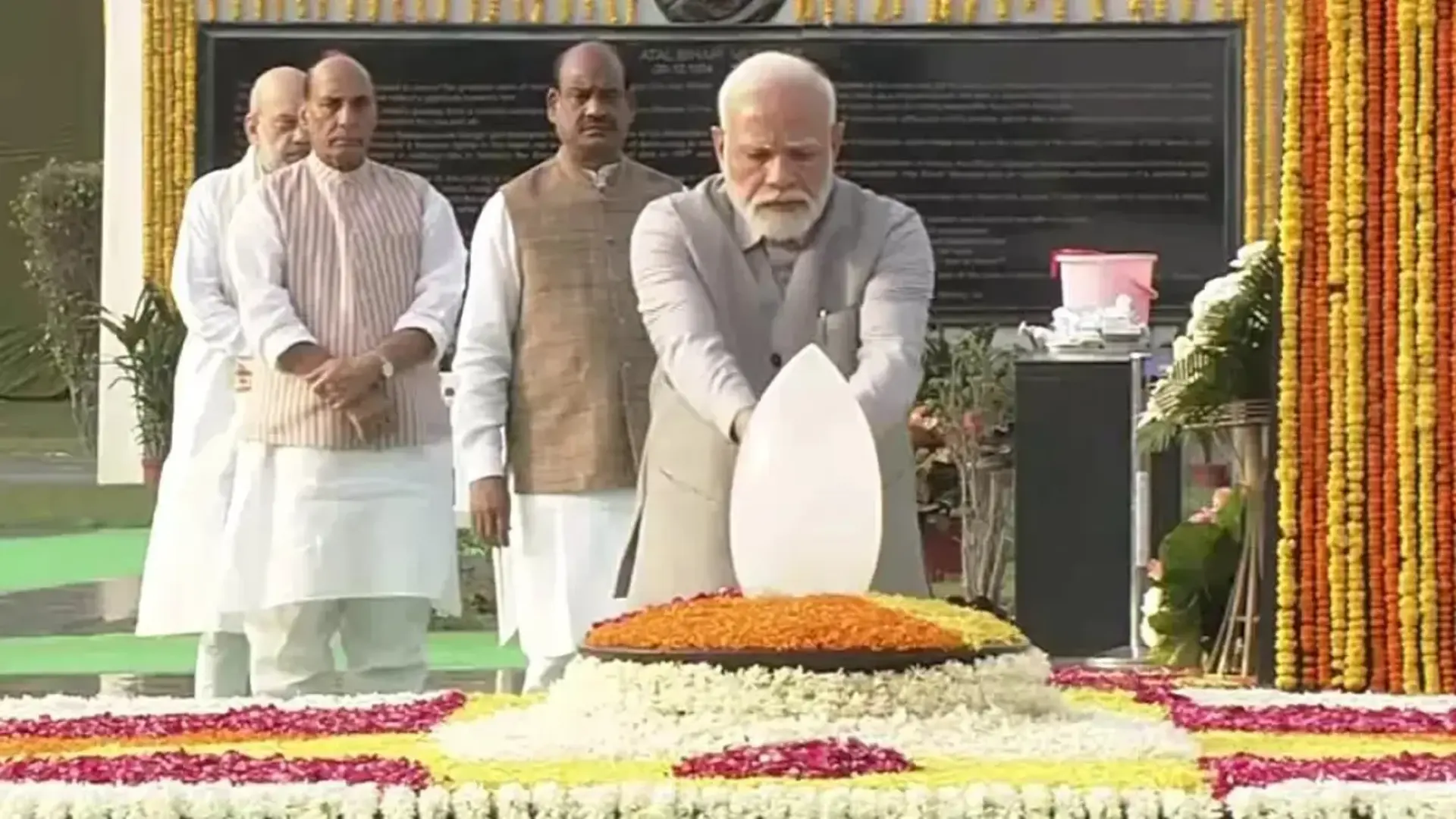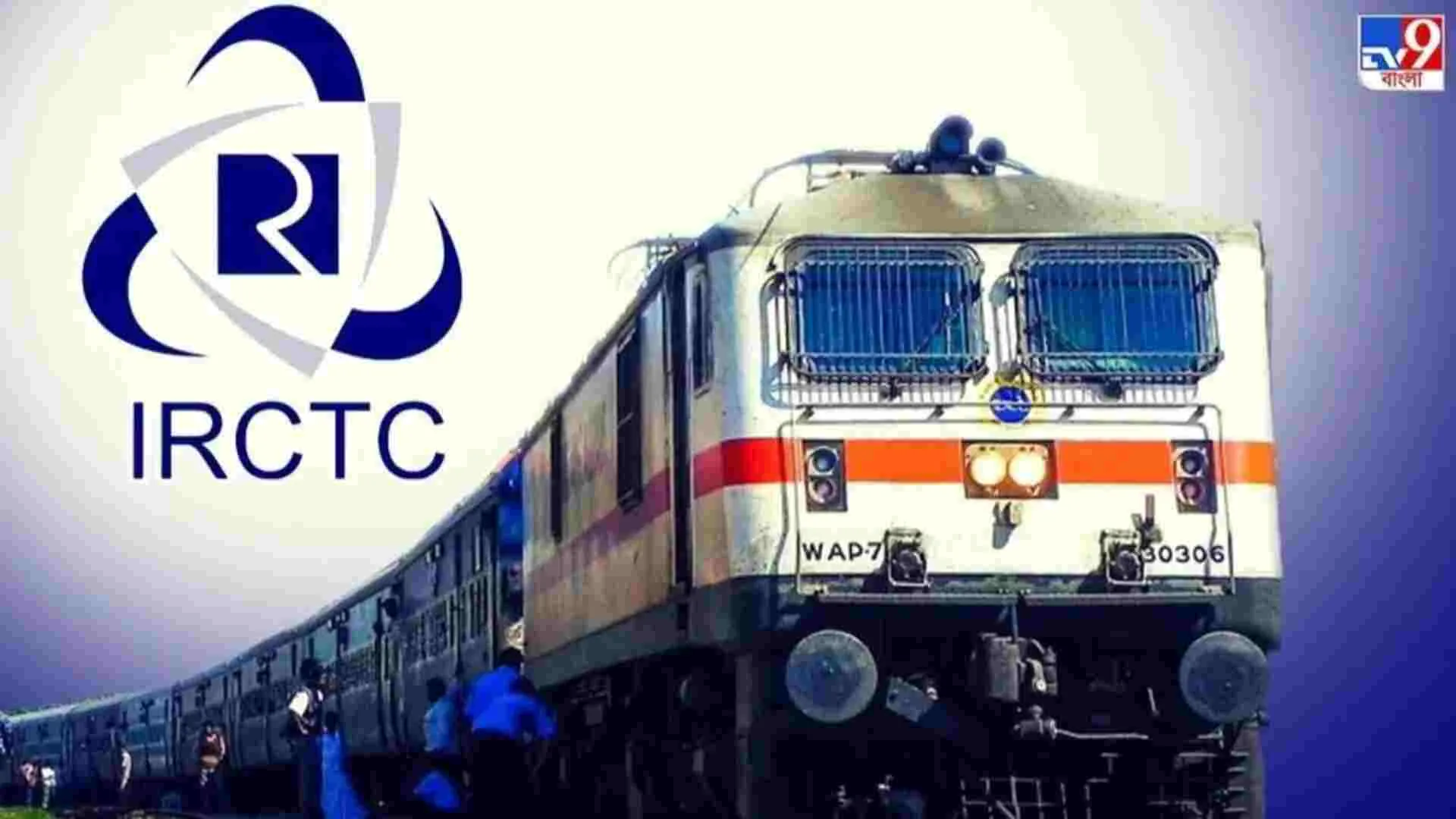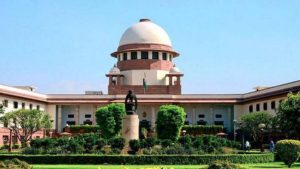The Supreme Court of India has pronounced numerous judgments in the month of May, 2021. In this write-up, the important pronouncements are briefly discussed.
RAJKUMAR SABU V. M/S SABU TRADE PRIVATE LIMITED, TRANSFER PETITION (CRIMINAL) NO. 17 OF 2021
The transfer of a criminal case under Section 406 of the 1973 Code of Criminal Procedure can be directed when such transfer would be expedient for the ends of justice.
A Single-Judge Bench of Justice Aniruddha Bose held that a transfer of a criminal case under Section 406 of the 1973 Code can be directed when such transfer would be expedient for the ends of justice. This expression entails factors beyond mere convenience of the parties or one of them in conducting a case before a Court having jurisdiction to hear the case. The Bench also held that if a Court hearing a case possesses the jurisdiction to proceed with the same, solely based on the fact that one of the parties to that case is unable to follow the language of that Court would not warrant exercise of jurisdiction of the Supreme Court under Section 406 of the 1973 Code.
RAHUL SHARMA & ANR. V. NATIONAL INSURANCE COMPANY LTD. & ORS., CIVIL APPEAL NO. 1769 OF 2021
In case the deceased is self-employed and below the age of 40, 40% addition would be made to their income as future prospects.
A Bench comprising the Chief Justice N.V. Ramana, Justices Surya Kant and Aniruddha Bose reiterated that in case the deceased is self-employed and below the age of 40, 40% addition would be made to their income as future prospects, as was held by the Supreme Court in a Five Judge Bench decision in National Insurance Co. Ltd. v. Pranay Sethi, (2017) 16 SCC 680. In the present case, the deceased was self-employed and was 37 years old, therefore, warranting the addition of 40% towards future prospects. The Bench observed that Pranay Sethi (supra), affirming the ratio in Sarla Verma v. Delhi Transport Corporation, (2009) 6 SCC 121 held that the deduction towards personal and living expenses for a person such as the deceased who was married with two dependents, to be one-third (1/3rd).
SATBIR SINGH & ANOTHER V. STATE OF HARYANA, CRIMINAL APPEAL NOS. 17351736 OF 2010
Section 304-B, IPC must be interpreted keeping in mind the legislative intent to curb the social evil of bride burning and dowry demand.
A Bench comprising the Chief Justice N.V. Ramana and Justice Aniruddha Bose while summarizing the law under Section 304B, IPC read with Section 113B, Evidence Act, held that Section 304-B, IPC must be interpreted keeping in mind the legislative intent to curb the social evil of bride burning and dowry demand; the prosecution must at first establish the existence of the necessary ingredients for constituting an offence under Section 304-B, IPC; once these ingredients are satisfied, the rebuttable presumption of causality, provided under Section 113-B, Evidence Act operates against the accused; the phrase “soon before” as appearing in Section 304-B, IPC cannot be construed to mean ‘immediately before’. The prosecution must establish existence of “proximate and live link” between the dowry death and cruelty or harassment for dowry demand by the husband or his relatives; Section 304-B, IPC does not take a pigeonhole approach in categorizing death as homicidal or suicidal or accidental. The reason for such non-categorization is due to the fact that death occurring “otherwise than under normal circumstances” can, in cases, be homicidal or suicidal or accidental; due to the precarious nature of Section 304-B, IPC read with 113-B, Evidence Act, Judges, prosecution and defence should be careful during conduction of trial; it is a matter of grave concern that, often, Trial Courts record the statement under Section 313, CrPC in a very casual and cursory manner, without specifically questioning the accused as to his defense. It ought to be noted that the examination of an accused under Section 313, CrPC cannot be treated as a mere procedural formality, as it based on the fundamental principle of fairness. This provision incorporates the valuable principle of natural justice “audi alteram partem” as it enables the accused to offer an explanation for the incriminatory material appearing against him. Therefore, it imposes an obligation on the court to question the accused fairly, with care and caution; the Court must put incriminating circumstances before the accused and seek his response. A duty is also cast on the counsel of the accused to prepare his defense since the inception of the Trial with due caution, keeping in consideration the peculiarities of Section 304-B, IPC read with Section 113-B, Evidence Act; Section 232, CrPC provides that, “If, after taking the evidence for the prosecution, examining the accused and hearing the prosecution and the defence on the point, the Judge considers that there is no evidence that the accused committed the offence, the Judge shall record an order of acquittal”. Such discretion must be utilized by the Trial Courts as an obligation of best efforts; once the Trial Court decides that the accused is not eligible to be acquitted as per the provisions of Section 232, CrPC, it must move on and fix hearings specifically for ‘defence evidence’, calling upon the accused to present his defense as per the procedure provided under Section 233, CrPC, which is also an invaluable right provided to the accused; Trial Courts need to balance other important considerations such as the right to a speedy trial. In this regard, the Bench cautioned that the provisions should not be allowed to be misused as delay tactics; the presiding Judge should follow the guidelines laid down by the Supreme Court while sentencing and imposing appropriate punishment. It was also observed that sometimes family members of the husband are roped in, even though they have no active role in commission of the offence and are residing at distant places and the Court need to be cautious in its approach in such cases.
THE CHIEF ELECTION COMMISSIONER OF INDIA V. M.R VIJAYABHASKAR & ORS., CIVIL APPEAL NO. 1767 OF 2021
Freedom of speech and expression extends to reporting the proceedings of judicial institutions as well.
A Bench of Justices Dr Dhananjaya Y Chandrachud and M R Shah held that the freedom of speech and expression extends to reporting the proceedings of judicial institutions as well and Courts are entrusted to perform crucial functions under the law. Their work has a direct impact, not only on the rights of citizens, but also the extent to which the citizens can exact accountability from the executive whose duty it is to enforce the law. Citizens are entitled to ensure that courts remain true to their remit to be a check on arbitrary exercises of power. The ability of citizens to do so bears a direct correlation to the seamless availability of information about what happens in a court during the course of proceedings. Therein lies the importance of freedom of the media to comment on and write about proceedings. The Bench observed that there is a need for judges to exercise caution in off-the-cuff remarks in open court, which may be susceptible to misinterpretation. Language, both on the Bench and in judgments, must comport with judicial propriety. Language is an important instrument of a judicial process which is sensitive to constitutional values. Judicial language is a window to a conscience sensitive to constitutional ethos. Bereft of its understated balance, language risks losing its symbolism as a protector of human dignity. The Bench further observed that the power of judicial review is entrusted to the High Courts under the Constitution and so high is its pedestal that it constitutes a part of the basic features of the Constitution, yet responsibility bears a direct co-relationship with the nature and dimensions of the entrustment of power. The Bench clarified that the oral observations during the course of the hearing do not constitute a part of the record.
DR JAISHRI LAXMANRAO PATIL V. THE CHIEF MINISTER & ORS. CIVIL APPEAL NO. 3123 OF 2020
No exceptional circumstances justifying the grant of reservation to Marathas in excess of 50% ceiling limit as a socially and economically backward class.
A Constitution Bench of the Supreme Court comprising Justices Ashok Bhushan, S.A. Nazeer, L. Nageswara Rao, Hemant Gupta and S. Ravindra Bhat, while striking down the Maratha quota, held there were no exceptional circumstances justifying the grant of reservation to Marathas in excess of 50% ceiling limit as a socially and economically backward class. The Bench also held that there was no need to revisit the 50% ceiling limit on reservation laid down by the 9-judge bench decision in Indra Sawhney v. Union of India, 1992 Suppl. (3) SCC 217. The Bench observed that neither the Gaikwad Commission nor the High Court have made out any situation for exceeding the ceiling of 50% reservation for the Marathas.
UTTAR PRADESH POWER TRANSMISSION CORPORATION LTD. AND ANR. V. CG POWER AND INDUSTRIAL SOLUTIONS LIMITED AND ANR., SPECIAL LEAVE PETITION (C) NO. 8630 OF 2020
The availability of an alternative remedy does not prohibit the High Court from entertaining a writ petition in an appropriate case.
A Bench of Justices Uday Umesh Lalit and Indira Banerjee held that the existence of an arbitration clause does not debar the court from entertaining a writ petition. The Bench observed that it is well settled that availability of an alternative remedy does not prohibit the High Court from entertaining a writ petition in an appropriate case. The High Court may entertain a writ petition, notwithstanding the availability of an alternative remedy, particularly where the writ petition seeks enforcement of a fundamental right; where there is failure of principles of natural justice or where the impugned orders or proceedings are wholly without jurisdiction or the vires of an Act is under challenge. The Bench also observed that it is now well settled by a plethora of decisions of the Supreme Court that relief under Article 226 of the Constitution of India may be granted in a case arising out of contract. However, the writ jurisdiction under Article 226, being discretionary, the High Courts usually refrain from entertaining a writ petition which involves adjudication of disputed questions of fact which may require analysis of evidence of witnesses. Monetary relief can also be granted in a writ petition.
LALIT KUMAR JAIN V. UNION OF INDIA & ORS., TRANSFERRED CASE (CIVIL) NO. 245/2020
The approval of a resolution plan does not ipso facto discharge a personal guarantor of a corporate debtor of her or his liabilities under the contract of guarantee.
A Bench of Justices L. Nageswara Rao and S. Ravindra Bhat held that the approval of a resolution plan does not ipso facto discharge a personal guarantor (of a corporate debtor) of her or his liabilities under the contract of guarantee. The release or discharge of a principal borrower from the debt owed by it to its creditor, by an involuntary process, i.e. by operation of law, or due to liquidation or insolvency proceeding, does not absolve the surety/guarantor of his or her liability, which arises out of an independent contract. The Bench held that the impugned notification was legal and valid. It was also held that approval of a resolution plan relating to a corporate debtor does not operate so as to discharge the liabilities of personal guarantors (to corporate debtors).
GAUTAM NAVLAKHA V. NATIONAL INVESTIGATION AGENCY, CRIMINAL APPEAL NO. 510 OF 2021
Under Section 167 CrPC, it will be open to courts to order house arrest in appropriate cases.
A Bench of Justices Uday Umesh Lalit and K.M. Joseph held that custody under Section 167 CrPC has been understood as police custody and judicial custody, with judicial custody being conflated to jail custody ordinarily. The concept of house arrest as part of custody under Section 167 has not engaged the courts, however, when the issue has come into focus, and noticing its ingredients, it involves custody which falls under Section 167. The Bench observed that under Section 167 in appropriate cases, it will be open to courts to order house arrest as well. The Bench observed that in order to house arrest a person, courts can consider criteria like age, health condition and the antecedents of the accused, the nature of the crime, the need for other forms of custody and the ability to enforce the terms of the house arrest.
A Bench comprising the Chief Justice N.V. Ramana and Justice Aniruddha Bose while summarising the law under Section 304B, IPC, read with Section 113B, Evidence Act, held that Section 304-B, IPC, must be interpreted keeping in mind the legislative intent to curb the social evil of bride burning and dowry demand; the prosecution must at first establish the existence of the necessary ingredients for constituting an offence under Section 304-B, IPC; once these ingredients are satisfied, the rebuttable presumption of causality, provided under Section 113-B, Evidence Act, operates against the accused; the phrase “soon before” as appearing in Section 304-B, IPC, cannot be construed to mean ‘immediately before’.

